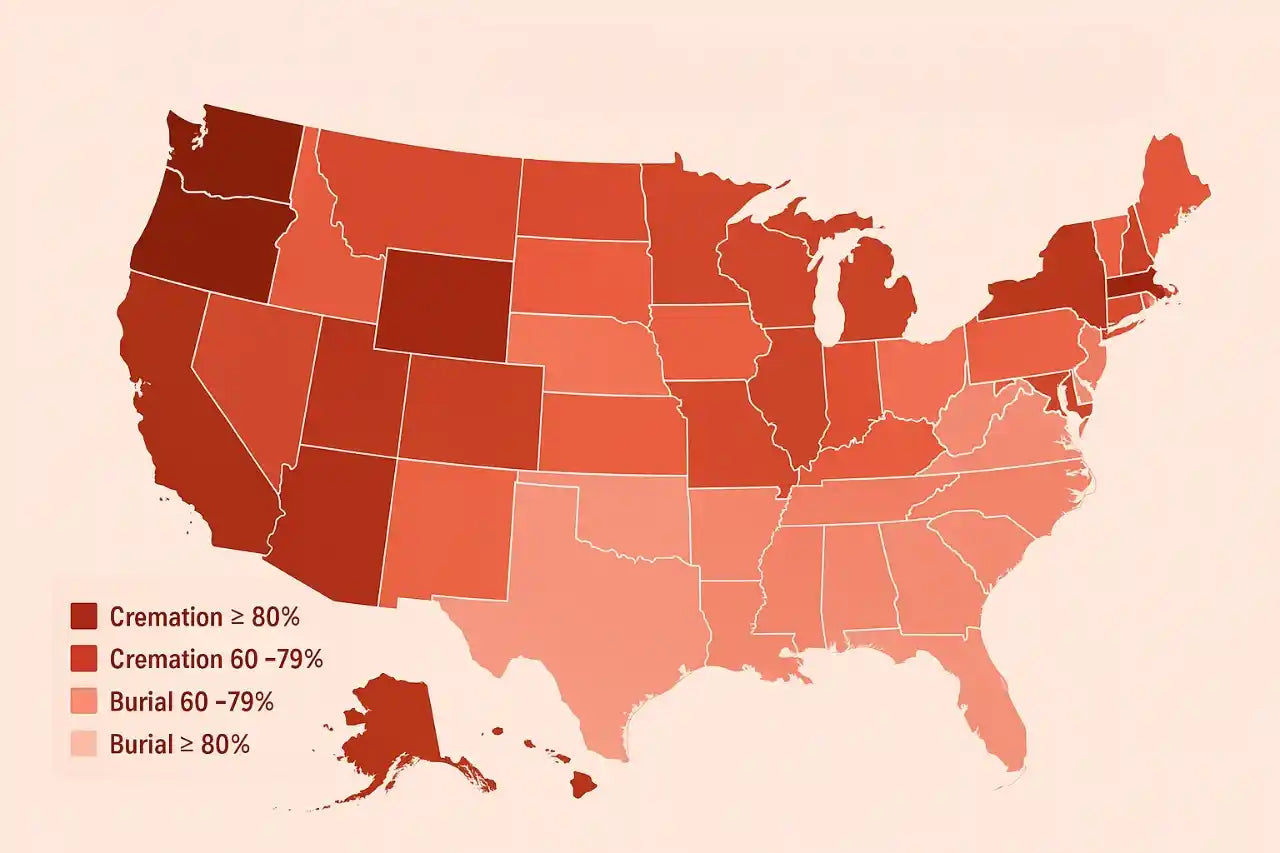The French philosopher Voltaire once said, “One great use of words is to hide our thoughts.” Which is to say, when forced to communicate scary or uncomfortable topics, humans often use euphemisms or expressions to replace a phrase others may perceive as distasteful or offensive. This is a common practice for death obituaries or writing funeral headstone epitaphs.
Euphemisms are often used to present an idea in a certain way. This is done to make the idea more palatable or less offensive to the listener. For example, when someone wants to say something that may be viewed as unpleasant or inappropriate, they will use a euphemism instead of saying it outright. For instance, when someone dies, instead of saying, “he passed away,” they might say, “he went to a better place”. This is done to lessen the impact of death on the listener and make it easier for them to cope with the situation.
Death is a universal truth that often invites a cloak of euphemisms to soften its stark reality. Throughout history, cultures worldwide have crafted a myriad of phrases to describe the end of life, each with its own origin and imbued with the era’s social, cultural, and sometimes humorous undertones. This exploration delves into the labyrinth of death-related euphemisms, tracing their origins and reflecting on their usage across times and places.
Traditional and Historical Euphemisms
"Went Belly Up" and “Dead as a Doornail” Originate from the natural world and medieval craftsmanship and encapsulate the finality of death. The former, often used to describe failing businesses, likens the demise to a fish’s death pose. The latter, rooted in 14th-century England, refers to the custom of securing door nails so firmly that they were considered 'dead' because they couldn't be reused.
"Dead Ringer" & "Kicked the Bucket" Contrary to popular belief, "dead ringer" relates to horse racing, signifying an exact duplicate, and only later morphed into a metaphor for resemblance in death. "Kicked the bucket" is believed to originate from the method of execution or suicide where a person standing on a bucket would kick it away, leading to death.
"Pushing up Daisies" and “Bit the Dust” are euphemisms that paint death with an almost poetic brush. "Pushing up Daisies" is a quintessentially British expression, emerging from the 19th century. This euphemism paints a gentle and almost whimsical picture of the deceased's body serving as nourishment for the earth, subsequently fostering the growth of flowers, notably daisies, above their resting place. It's a metaphor that suggests life's cyclical nature, where death gives life in another form, encapsulating a view of death that emphasizes natural continuation rather than finality. The phrase likely gained popularity for its ability to discuss death in a manner that evokes a sense of peace and ongoing contribution to the cycle of life, making the topic more approachable in conversation.
On the other hand, "Bit the Dust" has roots that are both ancient and wide-reaching. While some trace its origins back to the Bible, specifically to Psalms 72:9, suggesting a prostration of enemies before a king, its more modern connotations are tied to the imagery of a fallen soldier or combatant in battle, literally falling face down into the dust. This expression was popularized further by its use in narratives of the Wild West and by 20th-century media, depicting the demise of a character in a dramatic or final confrontation. "Bit the Dust" carries a more visceral, stark imagery than "Pushing up Daisies," highlighting the abruptness and often violence associated with death, particularly in the context of conflict or heroism.
Nautical and Adventure-Linked Euphemisms
"Popped Their Clogs" and “In Davy Jones’ Locker” are British sayings. The former likely originates from the act of dying, literally knocking one's wooden shoes (clogs) off. The latter is a seafarer’s term for the seabed, the final resting place of those lost at sea.
"Under for the Third Time" & "Crossing the River Styx" These phrases encapsulate a finality with a nod to nautical and mythological journeys. The former alludes to a final, fatal drowning, while the latter references Greek mythology’s passage to the afterlife.
Gambling and The Final Farewell
"Cashed in Their Chips" & "Went Bung" In the world of gambling, "cashed in their chips" reflects the final tallying of one’s deeds, drawing from the act of turning in casino chips. "Went bung," an Australian slang, suggests a sudden departure, akin to the pop of a cork.
"Sleeping with the Fishes" & "Crossed the Pearly Gates" The former, popularized by mobster slang, indicates a watery grave, while the latter, Pearly gates is an informal name for the gateway to Heaven according to some Christian denominations. It is inspired by the description of the New Jerusalem in Revelation 21:21: "The twelve gates were twelve tribes, each gate being made for each tribe of Israel."
Farming, Theatre, and Beyond
"Bought the Farm" & "Shuffled Off This Mortal Coil" These phrases tie death to the earth and the stage. "Bought the farm" relates to wartime pilots crashing into agricultural land, metaphorically settling their life's debts, while "shuffled off this mortal coil," from Shakespeare’s "Hamlet," portrays death as an exit from life’s stage.
"Gave Up the Ghost" & "Crossed Over" With biblical origins, "gave up the ghost" denotes the moment of death, the spirit’s release. "Crossed over" serves a dual purpose, indicating a transition to another state of being or realm.
Modern Musings and Pop Culture Contributions
"Vacated Their Earthly Meat Prison" and “Walked Over the Rainbow Bridge” are contemporary phrases that blend humor and poignancy. The former humorously describes the soul’s departure from the body, while the latter, especially used for pets, evokes a journey to a peaceful afterlife.
"Pulled His Last Pint" and “Ate the Pomegranate” Emerge from everyday life and mythology. These sayings denote the end of one’s contributions and the irreversible
"Become One with the Force" references the Star Wars movie universe. The Force existed in two forms: the Living Force and the Cosmic Force. The Living Force represented the energies of all lifeforms, and those energies were fed into the Cosmic Force, the wellspring from which it sprang, which bound the galaxy together and communicated the will of the Force through midi-chlorians When a life-form died, they would become "one with the Force" by becoming a part of the Cosmic Force, which then provided power to the Living Force


